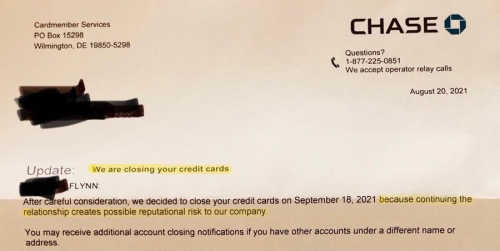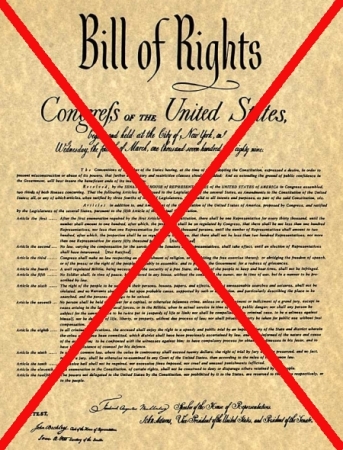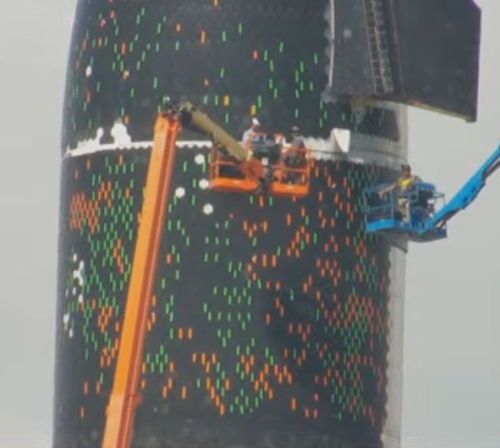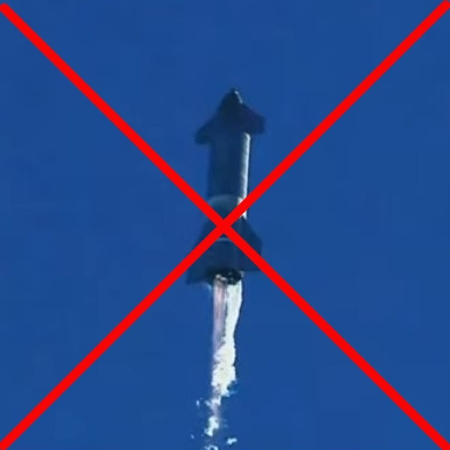Wayne Monteith, the man in charge of the FAA’s office of commercial space — which is tasked with regulating commercial space — revealed in a speech on August 25, 2021 that his goal is to speed that industry’s growth, not hinder it with odious regulations.
Wayne R. Monteith, a retired Air Force general who served for years in space billets in Colorado Springs is now the FAA’s associate administrator for commercial space transportation. He told a Space Symposium crowd at The Broadmoor Wednesday that to a large extent, he’s trying to keep his agency out of the way of the rush to space. “A regulatory agency can either be an accelerator or an inhibitor of industry,” he said. “We choose to be an accelerator.”
Sounds good, doesn’t it? Don’t be so sure. While right now Monteith noted that the agency is taking a laissez-faire approach to anyone who wants to fly in space, acting only to make sure space accidents will not harm “the uninvolved public,” he also said this in his speech:
Monteith warned, though, that mishaps for manned space flight that escalate to what he called “catastrophe,” have consequences. “The worst case is a catastrophic failure,” he said. “Then, we will regulate.”
In other words, he recognizes that if he tried now to impose his bureaucratic will on commercial space, it would not fly politically. What he really needs to expand his power is some space accident, a crisis you might say, that he can then use to convince others that he should be controlling things more.
Based on the response of the press, public, and American culture in the past half century, his thinking is quite sound. Routinely since World War II, as soon as something goes wrong in any field of endeavor the American public and political class has repeatedly wanted the government to move in and take greater control, under the false premise that somehow the government can prevent further failures.
Instead, we have accomplished less, and fueled the rise of an all-powerful bureaucracy capable and quite willing to squelch achievement. This is the pattern that Monteith is relying on, and based on recent history, he is entirely justified in believing so.











